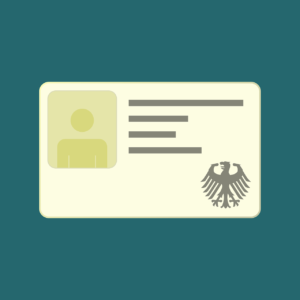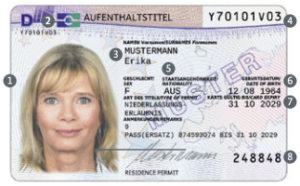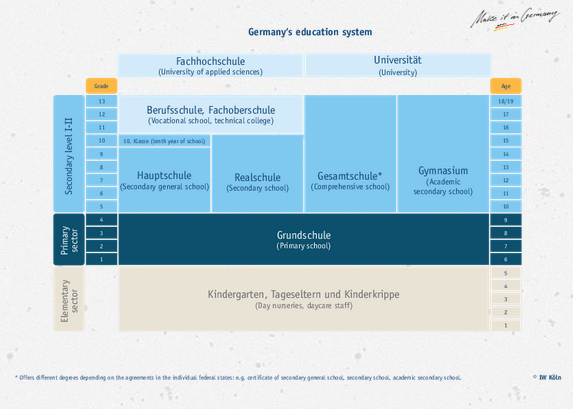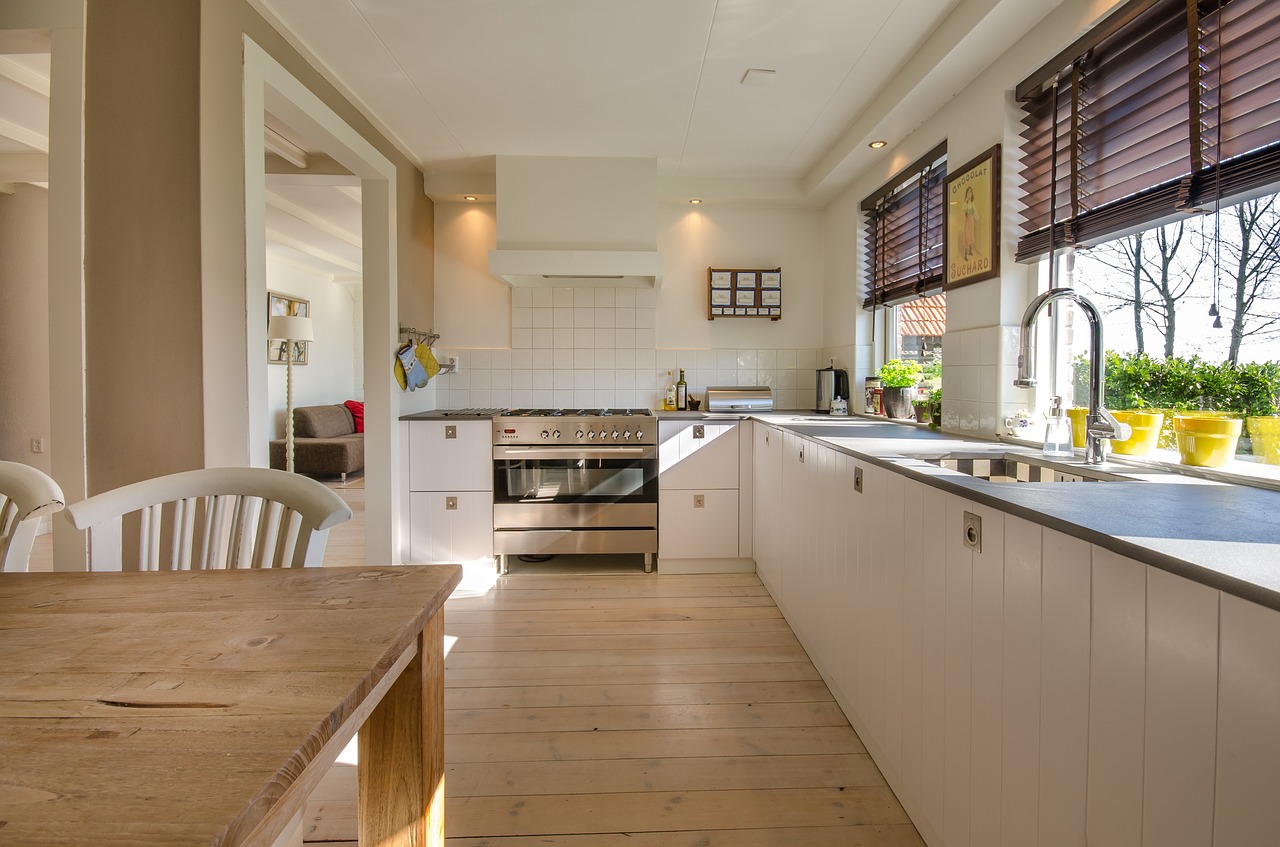If you plan to stay in Germany for longer than 3 months, you will need to register at your local Bürgeramt (Town office).
This is called a Meldepflicht and is compulsory. More about the law can be found in BMG (in German) or in English
It must be done within two weeks after moving into your residence. ” Anyone who moves into a residence shall register with the registration authorities within two weeks of moving in. (2) Anyone who moves out of a residence and does not move into another residence in Germany shall deregister with the registration authorities within two weeks of moving out. Deregistration shall be possible no more than one week before moving out; the population register shall be updated as of the moving-out date. “
Where do you register
As a rule, you must register at the registration authority (Meldebehörde) in your local town. As an example, if you live in Oberaichen, which is part of Leinfelden-Echterdingen, which is part of the Stuttgart Stadkreis, you need to register at the Leinfelden office.
You can use the Ortdienste website to find your local office. Click on the Bundesländer and zoom in from there.
Another website to use is Melderegister
You can also search online for Bürgeramt, Rathaus or Ortsdienste for your own town e.g. Rathaus Leinfelden. The personnel at these institutions are in my experience very helpful and you can contact them if you have any questions
Documents needed
- Valid passport with your visa inside
- Proof of residence If you are renting, you must get a Wohnungsgeberbestätigung from your landlord or rental management company. The name and address of the landlord, the names of all persons who are subject to registration, the address of the rental property and the moving-in date must be on this document.
- Completed registration form. For most towns, this can be found online
- Marriage certificate, if applicable
Change of address within Germany
This obligation to register also applies when you move to a new address within Germany. If you move within the same municipality, you must inform the registration office (Bürgeramt) in person.. This is called “Ummelden. If you move to a new municipality you have to de-register (abmelden) at your previous address and register (anmelden) at your new address. You have to do it within two weeks of moving to your new address.
When moving to a new address, you must also inform the following authorities and institutions:
- Finanzamt – If the tax office changes as a result of your move, inform the new tax office of your new address and your tax number. If the same tax office remains responsible, it is sufficient if you state the change of address in the next tax return.
- KFZ Zulassungsstelle (Vehicle Registration office) – As the owner of a motor vehicle, you must ensure that the vehicle registration documents are updated after the move. To do this, contact the responsible vehicle registration office. Don’t forget to inform your vehicle insurance company of the new address as well. You only need the seven-digit insurance confirmation code if you move to another city.
- Banks, Utility companies, Insurance companies, German Pension Fund
- Tip!! You can have your post redirected. Contact Deutsche Post
Things to keep in mind
- You must de-register (abmelden) when you leave Germany permanently
- You will receive a bill for your television licence (Rundfunkbeitrag/GEZ) soon after registering.
- Church tax (Kirchensteuer) is payable by default. If you do not want to pay church tax, you need to indicate it on your Anmeldeformular. You can also apply to stop paying afterwards. For that, you must go back in person to where you registered, and submit a declaration of resignation form (die Niederschrift der Austrittserklärung). You pay a fee for this, the fee depend on the Federal State. The tax office is automatically informed of the change or the departure from the church.
- Tip!! Ask them where you must apply for your German driver’s licence and if you need a First aid course for that
Vocabulary
| Proof of residence | die Wohnungsgeberbestätigung |
| Obligation to register | die Meldepflicht |
| Administrative district | das Stadtkreis |
| Registration certificate | die Anmeldebescheinigung |
| Register | Anmelden |
| Deregister | Abmelden |
| Re-registration | Ummelden |
| Citizens office | die Bürgeramt |
Related content

Temporary proof of German Residence
To stay in Germany longer than 90 days in a 180 period, you will need a residence permit. Qualifying for a residence permit will depend,

Permanent Residence
Permanent residence in Germany is called a Niederlassungserlaubnis and may be granted in the form of a Settlement permit or Permanent EC residence permit. Very important!!

German laws and regulations
Where to find information The Bundesamt für Justiz publishes the laws and regulations to a the Gesetze im internet website. The main site is in



























You must be logged in to post a comment.